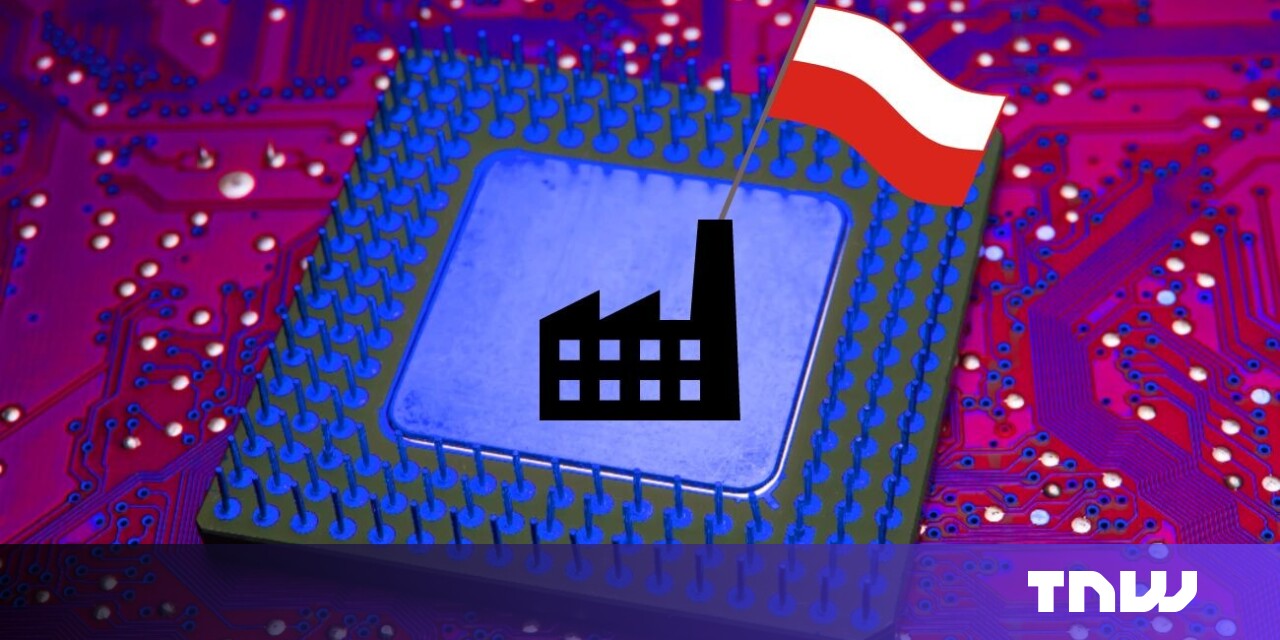
Intel has announced plans to build a €4.6bn semiconductor assembly and testing facility in Poland, as the EU looks to ramp up production of the chips — critical components in everything from cars to refrigerators.
The site in Wroclaw, western Poland, will employ 2,000 people and is expected to be completed in 2027. Design and planning will begin immediately, with construction to commence pending European Commission approval.
2027 is also when Intel plans to complete its €17bn mega-fab in Magdeburg, Germany. Once operational, both facilities will support the company’s existing manufacturing hub in Ireland.
While Intel’s factories in Germany and Ireland will produce “wafers,” which serve as the base of a microchip, the new Polish plant will cut those wafers into individual chips and assemble and test them before they’re shipped off to customers.

Intel did not disclose how much financial support the Polish government is contributing to the project. However, it did say in a press briefing that, “like in all locations where it operates, Intel will pursue appropriate incentives . . . to ensure its operations are globally competitive”.
Poland will likely be expected to offer billions in subsidies, but, if Intel’s Magdeburg facility is anything to go by, the process is unlikely to be smooth sailing. Intel and German officials have been in lengthy negotiations for months over how the bill for the plant should be split.
Intel, citing rising costs, requested another €4-5bn from the German government in March, in addition to the €6.8bn already provided. However, German officials were reluctant to boost subsidies unless Intel pledged more money and met them in the middle. Nevertheless, Intel said last week that it is “close to a deal.”
Intel’s plan to build a new chip factory in Poland is the next step in its €33bn European investment plan (reaching €80bn within the next decade), which looks to help strengthen the EU’s semiconductor industry across the entire value chain.
In addition to the new plants in Germany and Poland, Intel is building a new chip research centre in France, a back-end manufacturing facility in Italy, and a supercomputing centre in Spain. It is also expanding its existing chip factory in Ireland. These are some of the largest direct foreign investments Europe has seen since WWII.






